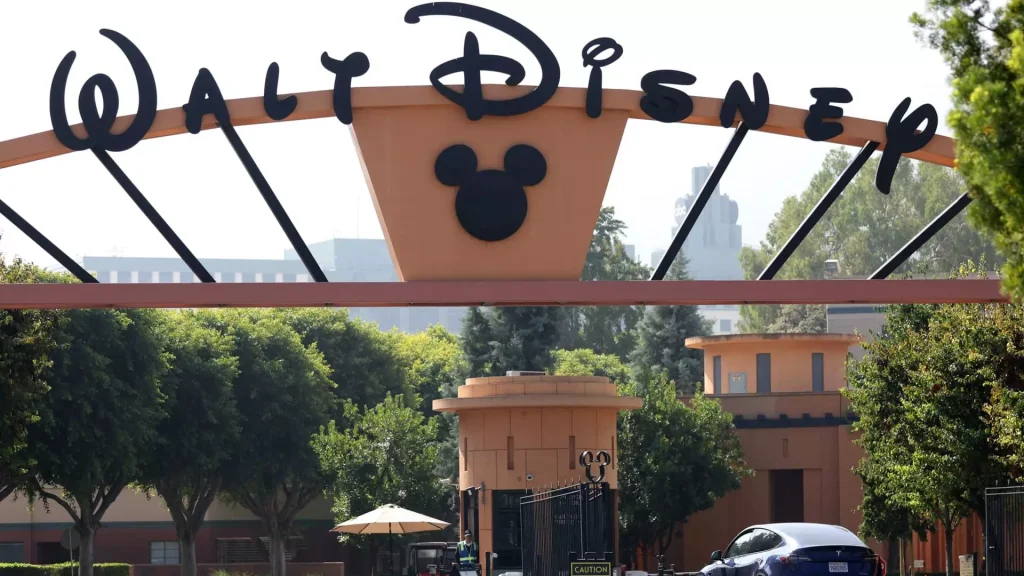The Federal Communications Commission’s (FCC) decision to investigate Disney’s diversity, equity, and inclusion (DEI) efforts has garnered significant attention. Disney, a titan in the media landscape, now faces scrutiny over the potential repercussions of its DEI policies. This inquiry stems from worries about adherence to equal employment opportunity regulations, specifically questioning whether Disney’s approach promotes divisive forms of DEI discrimination. The implications could reshape not only Disney’s internal policies but also set trends across the broader industry.

Understanding Underlying Motivations
At its core, the FCC’s action appears driven by a rising sentiment among certain political factions that view comprehensive DEI initiatives as synonymous with discriminatory practices. This inquiry is as much about politics as it is about policy. Critics often articulate that enforced DEI measures can lead to reverse discrimination, sidelining qualified candidates who do not fit the preferred diversity profile. With Brendan Carr at the helm of the FCC, a recent Trump appointee, the investigation aligns with a broader push against expansive DEI measures in corporate America. Contextually, this investigation serves as a bellwether for the contentious debates surrounding race and equity in business settings.
Potential Impact on Corporate Policies
Disney’s response to the FCC’s letter signals a willingness to cooperate but also hints at potential internal re-evaluations. The company’s historical success stemmed from creating universally appealing content, a strategy rooted in storytelling without overt societal division. However, the recent movement towards aggressive DEI policies could very well jeopardize this formula. The public can expect a cascading effect; if Disney reframes its approach amid this investigation, it could influence competitors to reassess their own DEI frameworks to avoid similar scrutiny.
A Broader Industry Repercussion
This inquiry doesn’t just target Disney; rather, it sends a stark warning to all major media corporations about the consequences of failing to navigate compliance carefully. Particularly for publicly traded entities, the fallout from being ensnared in regulatory scrutiny could be costly. The FCC, by urging a rethinking of DEI policies, may ignite moves among other firms to tread carefully—or even abandon aggressive DEI practices altogether. Corporate America is at a crossroads; it must balance the moral imperative of diversity with potential regulatory backlash and public sentiment.

The FCC’s probe raises critical questions not only about Disney but also about the authenticity and future of corporate DEI initiatives across the nation. In navigating a landscape where political influences can steer regulatory actions, companies may find it increasingly difficult to implement meaningful diversity practices without overstepping regulatory boundaries. As the FCC pursuit unfolds, a critical examination of what constitutes equitable treatment in employment and media representation will become paramount—not merely for financial success, but for the integrity of diversity efforts themselves. The outcomes from this investigation could herald a new era of corporate ethics within the media industry.

